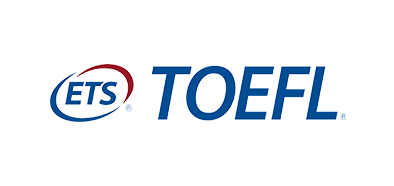You need a minimum of upper second class honours (2.1), equivalent to about 60–70 % or CGPA ~6.5–7.0/10, in engineering, science, computing, statistics, mathematics, or a related quantitative discipline. Candidates from other numerate fields with strong computational knowledge may also be considered. Bachelor's in electronic/electrical/computer engineering, computer science, mathematics, statistics, or equivalent is preferred.
You should have strong foundation in calculus, linear algebra, probability/statistics, and programming (e.g., C, C++ or Java). Course content relies on working knowledge of digital signal processing, communications, control systems, and computational methods. Prior exposure to machine learning or deep learning is beneficial, especially for the Computational Engineering strand. If you have lesser-defined backgrounds, ensure to show documented computational coursework or relevant project work. The department may consider other numerate disciplines, provided applicants clearly demonstrate sufficient quantitative and programming skills










